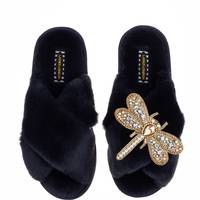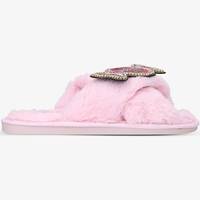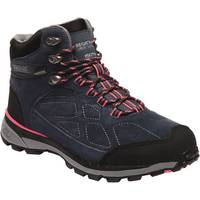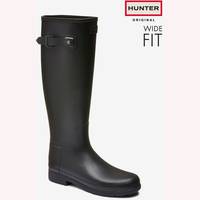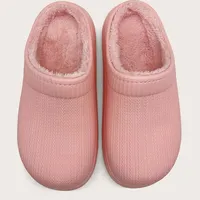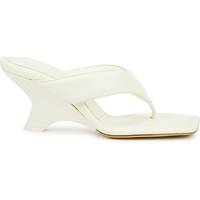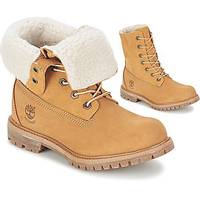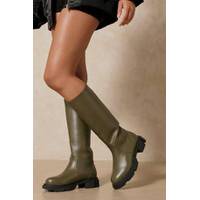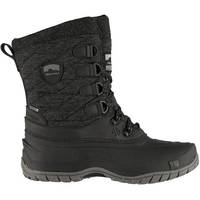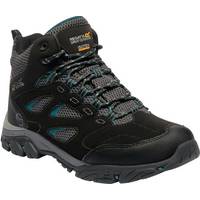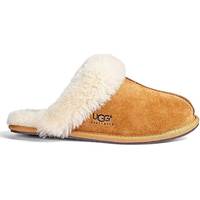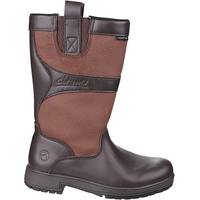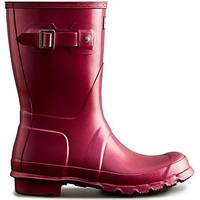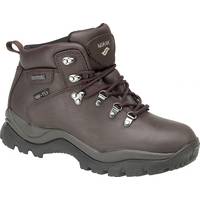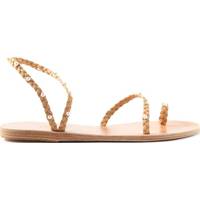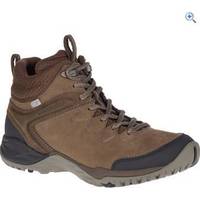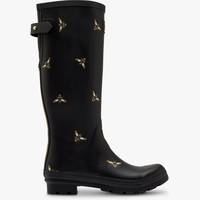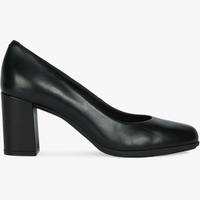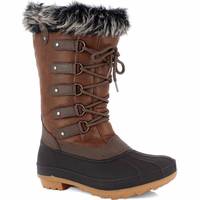Description
A beautiful upper with two large bands of puffy leather create a motif that embellishes this Vanessa sandal, handmade in Italy with square toe, kitten heel for a gritty and the comfortable memory foam padding to never give up on comfort. Turn everyone's head as you step out tonight in Valentina Rangoni sandals featuring our hand crafted artisans! Taking care of the upper and leather soles is an important part of protecting the longevity and integrity of handcrafted luxury shoes. Shoes made in Italy, or shoes with leather soles, can last for years, but only if treated with care. It is important to note that an upper made of natural materials such as leather cannot last forever and that leather soles must be replaced at some point for the same reasons. Wearing shoes for too long on a worn sole can cause permanent damage to the shoe and also decrease its comfort. While there is no set rule for how regularly you should resole your Italian leather shoes (amount of wear, type of wear, water damage, and gait are all factors), a variety of signs help you know when it's time for a quick visit to your local shoemaker. Here are the main signs that your leather shoes need to be replaced 1. Uneven wear of the sole. Everyone walks differently and one of the joys of owning leather-soled shoes is watching how your shoes evolve according to your natural movements. Something to watch out for, however, is uneven wear. While it might be interesting to learn that you are favoring the outside of your feet, this type of uneven wear can diminish leather soles over time. Once you start to notice that the wear is becoming more and more noticeable, it's time for a resoling. If the shoe upper starts to come off the soles, it's time for a resoling. Sole breakage is caused by a variety of factors including rubbing of the toes, water damage, and even trying to dry shoes near a direct heat source (such as a home radiator). 2. Damage caused by water. This may not be a big deal for rubber-soled shoes or shoes with non-Italian mass-produced "leather effect" soles, while true luxury leather soles are susceptible to water damage. Even if being surprised by a light rain once or twice is not the end of the world, repeated exposure to water will affect the integrity of the soles and can irrevocably damage leather shoes. If you get caught out in the rain, make sure your shoes are dry enough before wearing them again. Remember to dry them naturally, with the soles facing up and away from any direct or strong heat sources. You can also choose to apply a thin rubber patch to the soles to help with extra protection - we recommend this is best practice for any Rangoni shoe you intend to wear on wet, wet days. Rangoni women's shoes are made with precious and high quality materials, which age magnificently over time with the right care and attention. After receiving your shoes, please refer to the care card included in the shoe box for specific care instructions. The more you take care of your shoes, the longer they will last. You just have to take care of them every few months with good shoe brushes, cloths and polishing creams. Here are some tips! Leather care We work with a variety of leathers and it is normal for softer leathers to dry out over time and lose some of their natural finish. Leather shoes Remove mud and dirt with a clean, dry brush. Take a slightly damp cloth to polish off the rest of the remaining dirt and polish them by applying a cream the color of your shoes to a clean soft cloth. Work on the shoe in a circular motion. Once dry, polish them with a cloth or brush. For more textured and non-smooth leathers, such as metallic, printed, etc., avoid applying creams or chemicals and only use a soft damp cloth to clean. To revive the shine, try scrubbing the upper with a dry cloth. Patent leather shoes They are much easier to clean than leather shoes. To restore the luster of a patent leather, try scrubbing the shoe with a soft, dry cloth until the luster is restored. The polishes for varnished leathers require a specific application, strictly follow the product instructions. Suede shoes Suede and nubuck can be protected before wear with a water repellent protection. If your suede gets dirty, a suitable suede brush is definitely best for brushing off mud or dirt when dry. Remember to brush in a large, gentle motion. If still dirty, wipe with a damp cloth and let it dry. Once dry, brush with a specific brush to restore the fibers. There are a variety of shoe care products that can be purchased to treat leathers and suede. If in doubt, take your shoes with you when looking for a shoe care product and ask for advice on which one is best suited. Fabric shoes care Some Rangoni shoes are made with a textile upper. For pairs woven from natural raffia, we strongly recommend that you do not get your shoes wet as they are highly water absorbent. If dirty, brush gently with a soft cloth. For most other fabrics, should the pair become stained or dirty from outdoor use, wipe it lightly with a damp cloth. If wet, dry them with a clean cloth and let them dry in a natural / warm environment. To remove any stains from Satin, Silk or Velvets, try dabbing the area with warm water and a damp cloth. How to dry your shoes If you don't want to end up with deformed shoes, let them dry naturally. To speed up the process, fill them with tissue paper or newspaper, it will absorb moisture. Check them in an hour, and if necessary, remove the paper and replace it with fresh, dry pieces. If your leather shoes get wet, avoid letting them dry near a direct heat source as this can compromise the construction of your shoes and cause further damage. How to store shoes The first thing you need to do before storing your shoes is to make sure they are clean, otherwise you will find it very difficult to remove dirt. Once cleaned, keep them in a dry place and inside their boxes or bags to avoid dust (it can leave gray marks especially on the suede). Do not pack suede or leather in plastic, these materials must breathe. To keep your shoes even more protected while you're not wearing them, fill the ends of your feet with crumpled paper (not newspaper, it can stain your shoes with color) or cut toilet paper rolls.
You may also like
Discover more









































